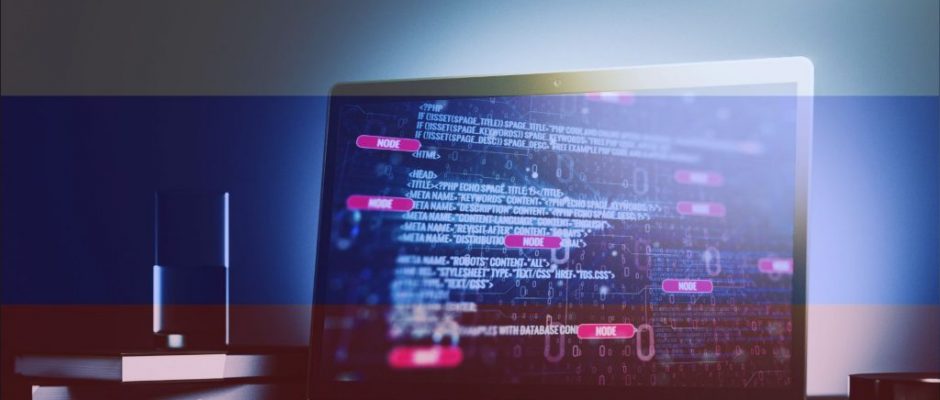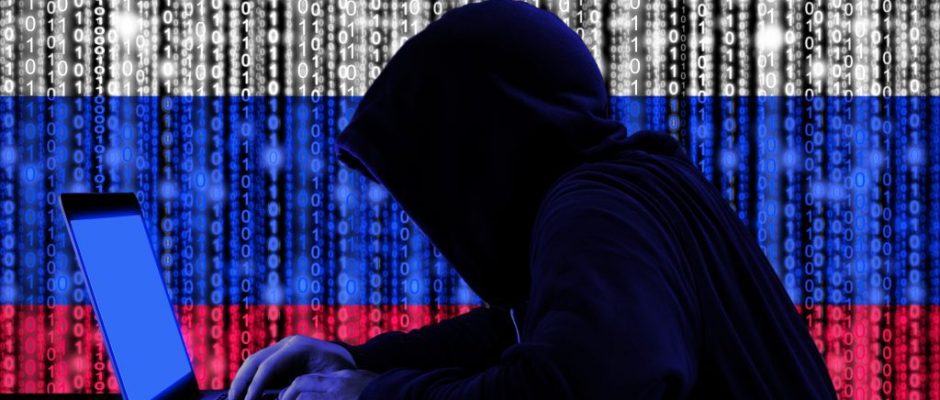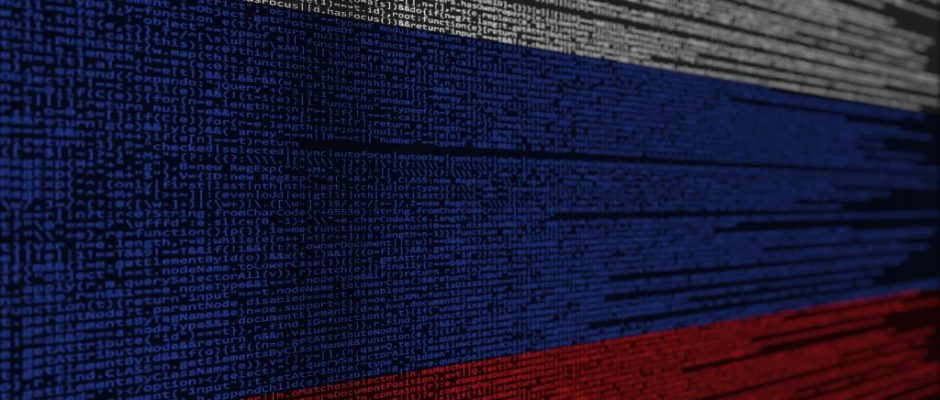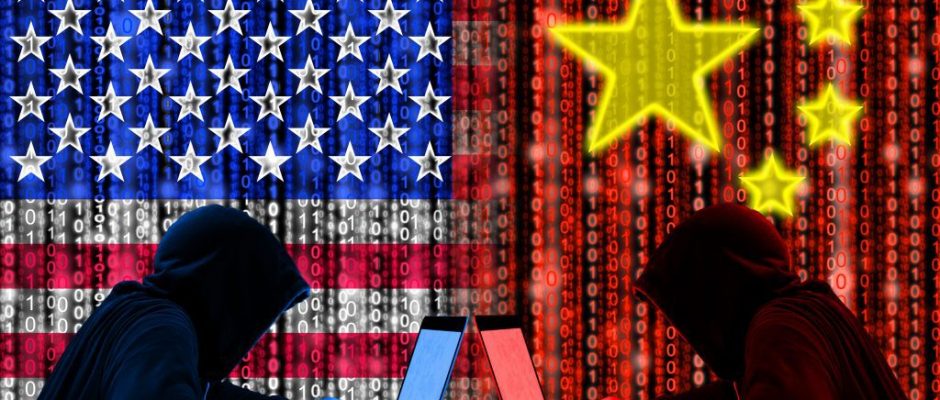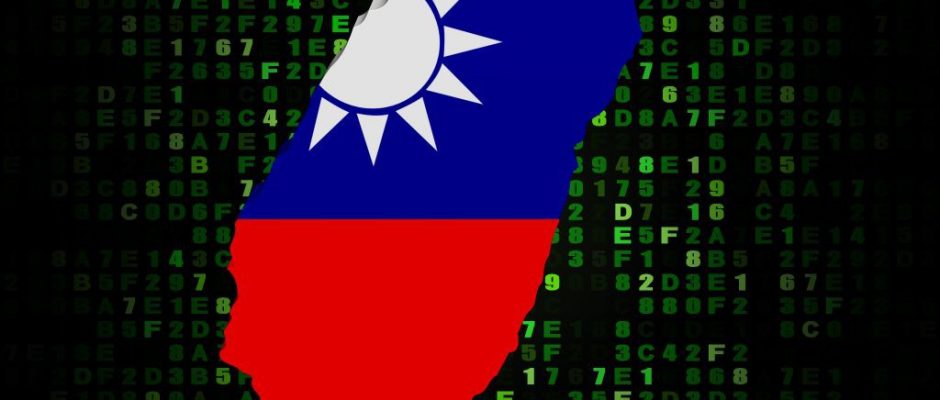Hackers from Ukraine’s Main Intelligence Directorate claim to have effected one of the largest Distributed Denial-of-Service (DDoS) attacks in history, derailing Russia’s financial services.
According to the Kyiv Post, the attack compromised the online services of all major Russian banks, including the Central Bank, telecommunications service providers, national payment systems, social networks and messengers, government resources, and dozens of other services.
The affected Russian financial institutions are reported to include VTB Bank, Alfa Bank, SberBank, Raiffeisen Bank, RSHB Bank, Ak Bars Bank, Rosbank, Gazprombank, Tinkoff Bank, iBank, Dom.RF Bank, and the Bank of Russia. On the last day of the attack, the resources of the Russian Ministry of Defense, the Ministry of Internal Affairs. The Federal Tax Service was also reported to have been affected.
